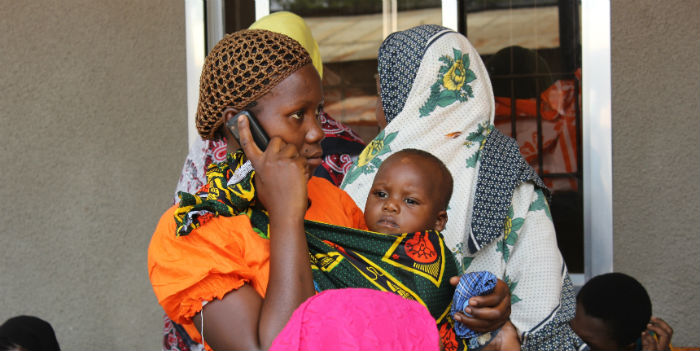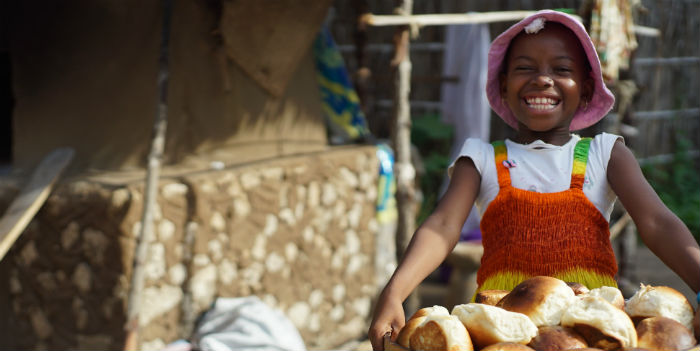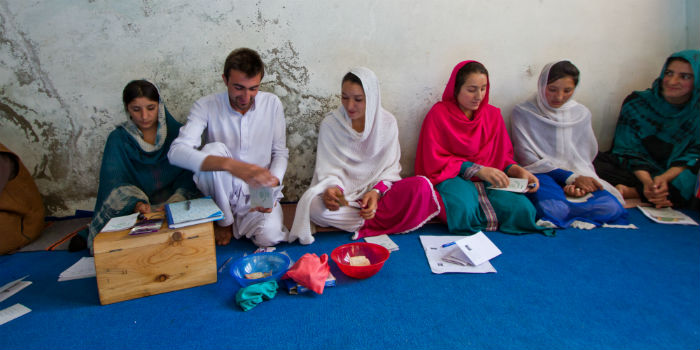November 8, 2016– Imagine if you woke up tomorrow and your bank had disappeared.
Not just the bricks and mortar building, but the menu of services it puts at your fingertips… a debit card, a mortgage, somewhere safe to stash your nest egg.
Now, imagine – without that bank, try getting a loan to open a business. Try paying your university tuition. Or, if you don’t have cash on hand, try something as simple as buying lunch.
This “unbanked” population, living primarily in the world’s poorest countries, struggle to save, invest, and borrow money. Without bank accounts, their options for making long-term investments in their families and livelihoods are limited.
But innovations in financial technology – or FinTech – have the potential to unlock new opportunities and spur growth for the world’s poor.
“I think everyone recognizes, central banks and authorities in these countries, that there is no point in… trying to develop a [bank] branch network, because it will take years. So they just want to leapfrog, [using] technology,” said Benoit Destouches, Finance Director, Aga Khan Agency for Microfinance. “Right now, about 40 percent of the GDP of Kenya is transiting through mobile payments.”
Mr. Destouches made these remarks in late October at a panel discussion co-hosted by AKFC. In a wide-ranging conversation, the speakers illuminated key challenges and future prospects for the evolving landscape of global financial services.
We partnered with MaRS and Invest Ottawa to host the event, bringing together the FinTech and international development community to foster new collaborations and share knowledge. Watch the webcast:
Interested in financial inclusion for the world’s poorest? We’ve just launched recruitment for our 2017 fellowships in International Microfinance and Microenterprise. These overseas placements give young Canadians an opportunity to apply their skills and build their career with our partner agencies, focusing on market development and financial tools for the world’s poor.
We’re also recruiting for other streams of our International Youth Fellowship, focused on topics like health, education, rural development, strengthening civil society, and journalism. If you’re a Canadian under the age of 30, apply today.

For people living in rural areas with no access to traditional banking services, a mobile phone can be a debit card, a loan officer… and a lifeline.

When people have financial services, they can invest in their families and businesses. Atija’s parents were able to save money to build an outdoor oven at their home in Mozambique, where they bake bread and cakes to sell to their neighbours.

Community-based savings groups, like this one for youth in rural Pakistan, are a low-tech way that communities can come together to save and borrow money. To learn more about how these groups are changing lives, watch this video.
With financial support from:
![]()
